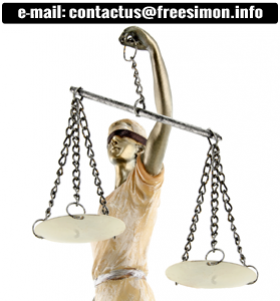Convicting the Innocent
A fair trial is one in which justice is served and all relevant credible evidence is presented, tested, and adjudicated upon, according to the law. All wrongful convictions detract from faith in the fair administration of justice. The cost is especially high when wrongful convictions result from the dubitable testimony of questionable or unreliable witnesses. Often the errors are a result of cognitive or confirmation bias that leads the prosecution and investigators to think that the accused is guilty. The result is erroneous convictions. Research shows the wrongly convicted suffer irreversible psychological damage.
Wrongful conviction is not justice and it serves no-one.
Wrongful conviction should concern all of us. Something like this could happen to any one.
Impartiality
The judge must not have any personal interest in the case. Impartiality is of great importance; there must be impartiality in the objective and subjective sense.
Fair Hearing
There must be an equal and reasonable opportunity for all parties to present a case. The right to a fair hearing depends on many issues, such as the presentation of evidence or the behaviour of the members of the court, public and press.
An excellent paper with reference to the miscarriage of justice may be found at the following link. The Contribution of “Corruption” to Miscarriage of Justice Cases.

